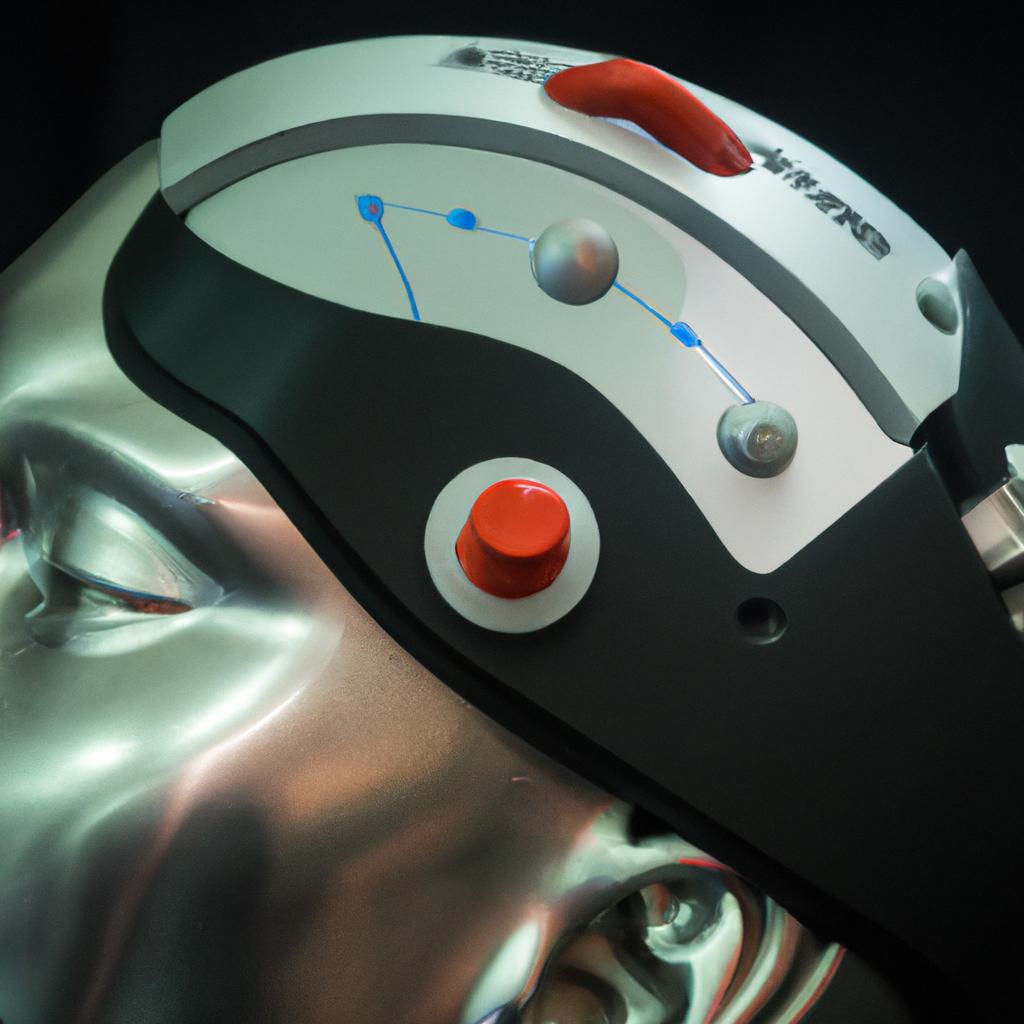Transcranial Magnetic Stimulation (TMS) for Fitness: Exploring the Potential of Brain Stimulation to Enhance Athletic Performance and Recovery
# Transcranial Magnetic Stimulation (TMS) for Fitness: Exploring the Potential of Brain Stimulation to Enhance Athletic Performance and Recovery
In recent years, the quest to enhance athletic performance has led to innovative approaches that extend beyond traditional training methods and nutritional strategies. One such method gaining traction is Transcranial Magnetic Stimulation (TMS), a non-invasive brain stimulation technique that has shown promise in various fields, including mental health and cognitive enhancement. But what about its applications in fitness? This blog post delves into TMS’s potential to boost athletic performance and optimize recovery, offering insights into how this cutting-edge technology could redefine the fitness landscape.
## Understanding Transcranial Magnetic Stimulation (TMS)
Transcranial Magnetic Stimulation is a non-invasive procedure that uses magnetic fields to stimulate nerve cells in the brain. By placing a coil over specific areas of the scalp, TMS can modulate neuronal activity, influencing various functions like mood, cognition, and potentially even physical performance. While TMS is primarily recognized for its therapeutic benefits in mental health conditions such as depression and anxiety, research is beginning to explore its role in enhancing physical capabilities.
## The Science Behind TMS and Athletic Performance
The brain plays a crucial role in physical performance, coordinating movements, regulating motor skills, and enhancing focus and motivation. TMS can enhance neuroplasticity—the brain’s ability to reorganize itself by forming new neural connections—which is essential for athletes looking to improve their skills and adapt to new training regimens.
Recent studies have indicated that TMS can improve motor learning and skill acquisition, suggesting that athletes may benefit from incorporating TMS into their training programs. By stimulating motor cortex areas, TMS could potentially lead to improved muscle coordination, increased strength, and faster recovery times.
## Enhancing Recovery with TMS
Athletes often face the challenge of recovery, which is critical for maintaining peak performance. Overtraining can lead to fatigue, decreased motivation, and increased risk of injury. TMS may provide a solution by promoting faster recovery through its effects on the brain.
Research suggests that TMS can help reduce the perception of pain and fatigue, allowing athletes to train harder and recover more effectively. By modulating neural circuits involved in pain processing, TMS may enhance pain tolerance and speed up the healing process after intense workouts or injuries.
## Nutrition Tips to Complement TMS
While TMS shows promise, it’s important to remember that it is not a standalone solution. Nutrition plays a significant role in optimizing performance and recovery. Here are some nutrition tips to complement TMS:
1. **Hydration**: Staying well-hydrated is crucial for optimal brain function and physical performance. Dehydration can impair cognitive function and motor skills, so ensure you’re drinking enough water throughout the day.
2. **Protein Intake**: Consuming adequate protein is vital for muscle repair and growth. Aim for high-quality protein sources such as lean meats, fish, eggs, and plant-based options like legumes and tofu.
3. **Complex Carbohydrates**: Fuel your workouts with complex carbohydrates that provide sustained energy. Whole grains, fruits, and vegetables are excellent sources of energy that can enhance endurance and performance.
4. **Healthy Fats**: Incorporate healthy fats, such as avocados, nuts, and olive oil, to support brain health and overall well-being. Omega-3 fatty acids, in particular, have been linked to improved cognitive function.
5. **Timing**: Consider nutrient timing around workouts. Consuming a balanced meal or snack containing protein and carbohydrates before and after exercise can help optimize performance and recovery.
## Exercise Advice for Athletes Considering TMS
To maximize the benefits of TMS in your fitness routine, consider these exercise tips:
1. **Integrate Skill Training**: Focus on skill-based training that requires coordination and precision. TMS may enhance your ability to learn and perfect these skills.
2. **Vary Your Routine**: Incorporate a mix of strength, endurance, and















Post Comment